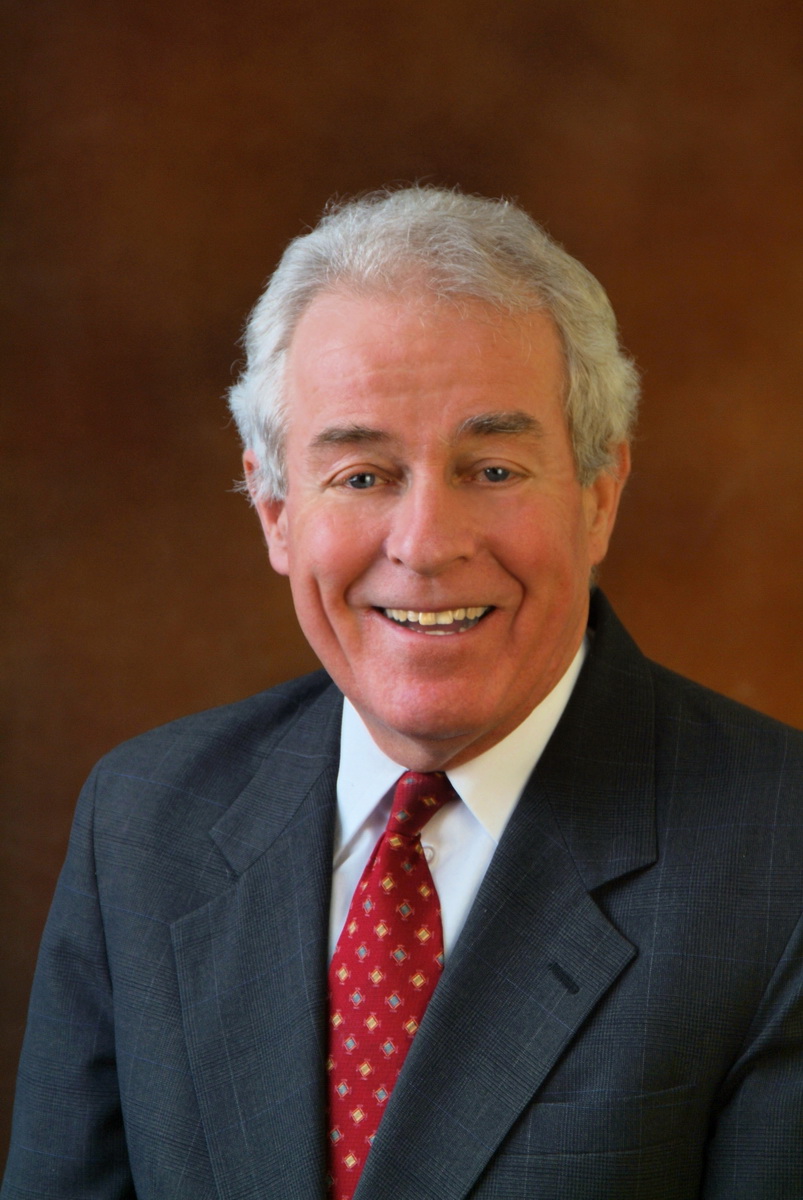AARP Hearing Center

As our state struggles with difficult budget decisions, it is essential that these decisions reflect the underlying values and priorities upon which a budget is built. How and where we spend money on health care and the needs of the poor and our vulnerable neighbors are directly and inextricably linked to economic challenges.
It is surprising and disappointing that the Health Care Exchanges to be established by the Affordable Care Act would result in substantially higher costs for thousands of Vermonters currently enrolled in the Catamount and Vermont Health Assistance Plans.
While Governor Shumlin’s financing proposal for the Exchange includes subsidies to mitigate these higher costs, more work is needed to make the Exchange affordable. We know that plans with high costs to consumers work best when two conditions are present: you have money and you don’t get sick. This is not the profile of Vermonters covered by the Catamount Health Plan and VHAP. If costs are increased and shifted to consumers, the outcome is predictable and certain: many Vermonters will return to the ranks of the uninsured.
We also know that a good education which leads to a good job is the best social policy. This includes excellent pre-school and child care programs. But it should not come at the expense of another worthy program benefitting another group of low-income and vulnerable Vermonters. The Earned Income Tax Credit, along with Social Security, is the most successful anti-poverty program ever established. Why should these programs compete with one another in a win-lose battle. Is this the type of ‘trade-off’ we want or need.
We need a common sense approach to sustain essential services and programs, while still moving forward on new and important initiatives. A very successful program like the Earned Income Tax Credit, intended to help people remain independent and self sufficient, must not be abandoned so that progress can be made in another area. This must not be a zero sum game of winners and losers. Vulnerable Vermonters already play this game of trade-offs in their everyday lives.
In all of this, there must be balance, to include consideration of new revenue. But when revenues are mentioned or even hinted at, we’re told: “don’t go there, don’t even think of going there”— as we watch the piecemeal dismantling of the safety net, one trade-off at a time.
These challenges must not lead us to forget the tough decisions and our past commitments that make Vermont a leader in caring for our people. Like a family, we take care of our own. There is no better example than our response to Hurricane Irene. That is our history. That is our legacy. Let’s continue to move forward.
Jim Leddy, South Burlington, AARP Vermont State President, jleddy@aarp.org,
Feb. 1, 2013































































